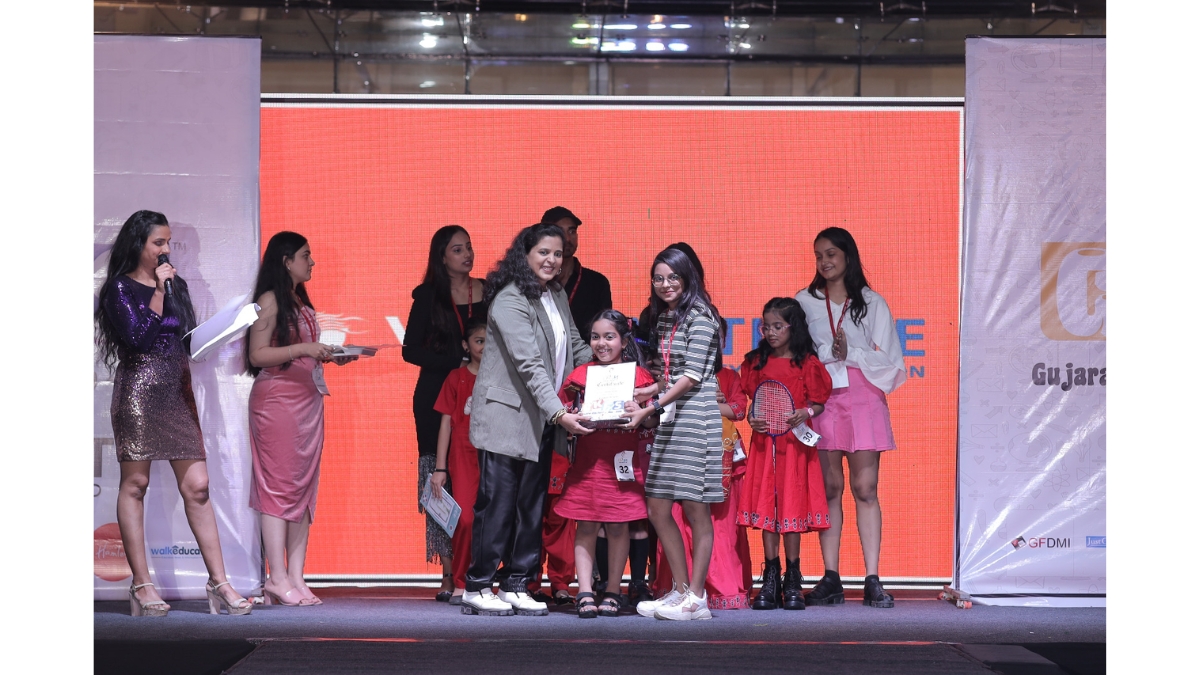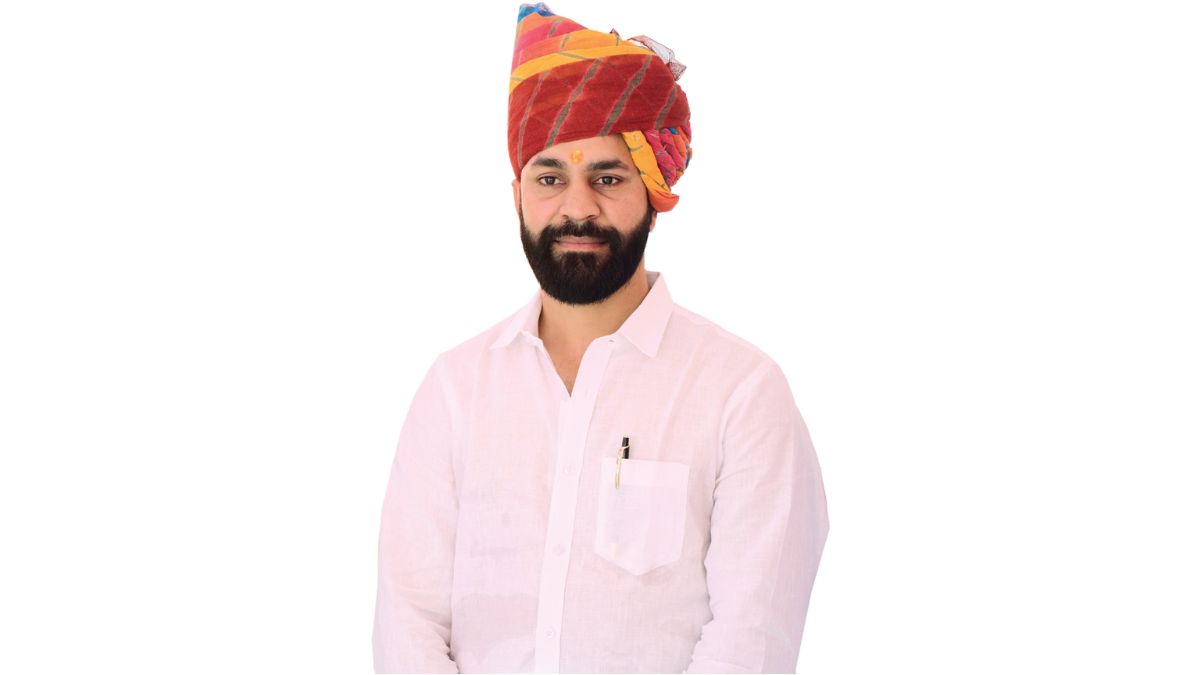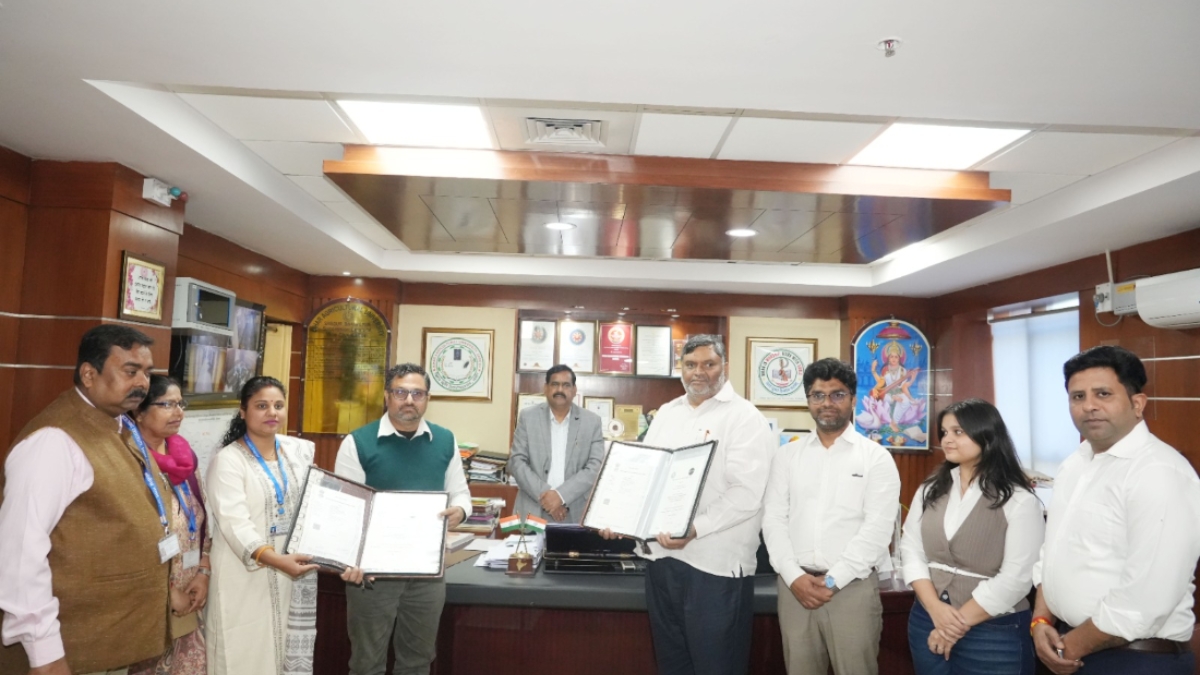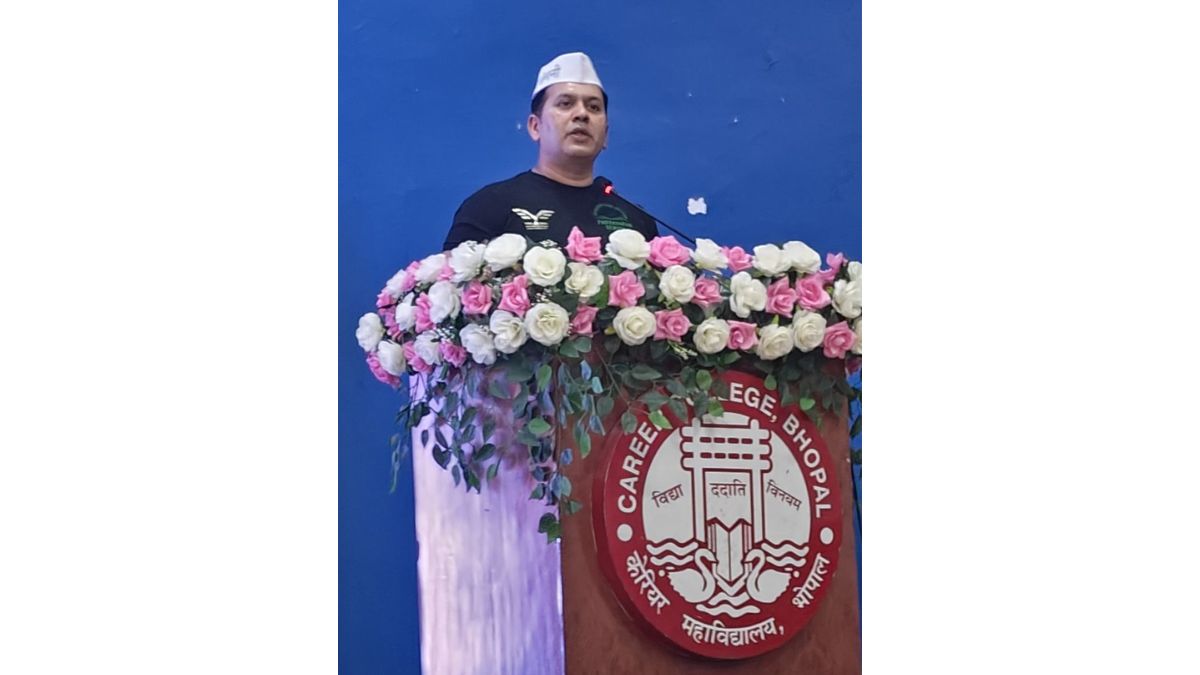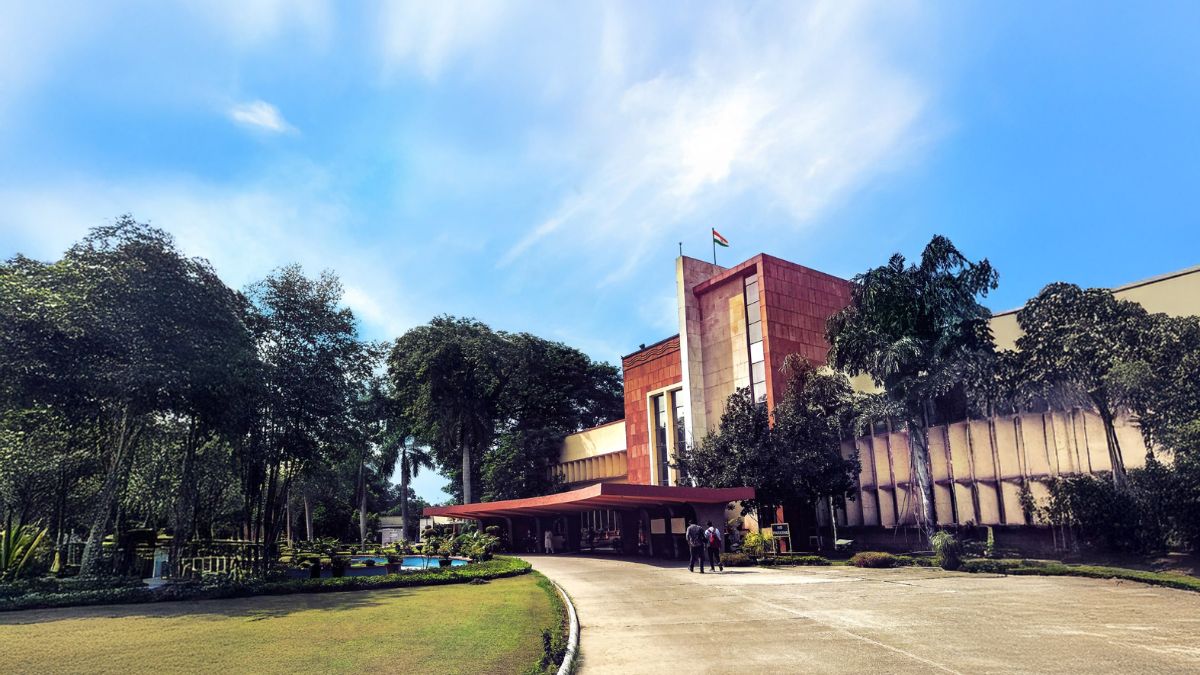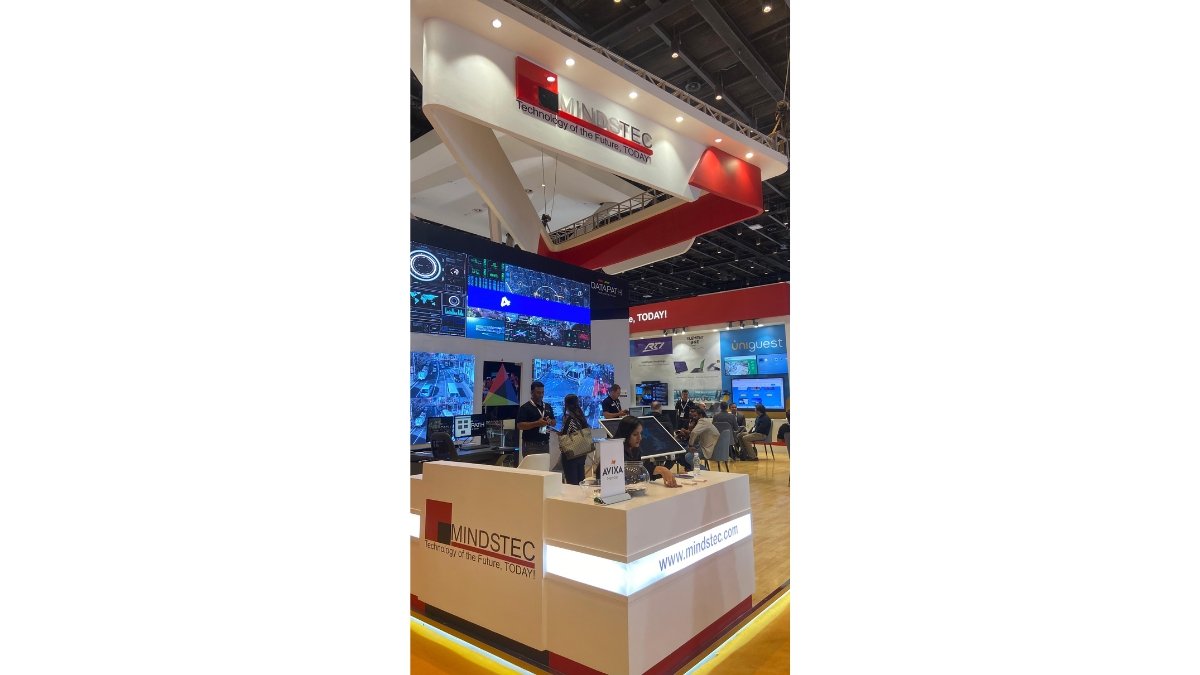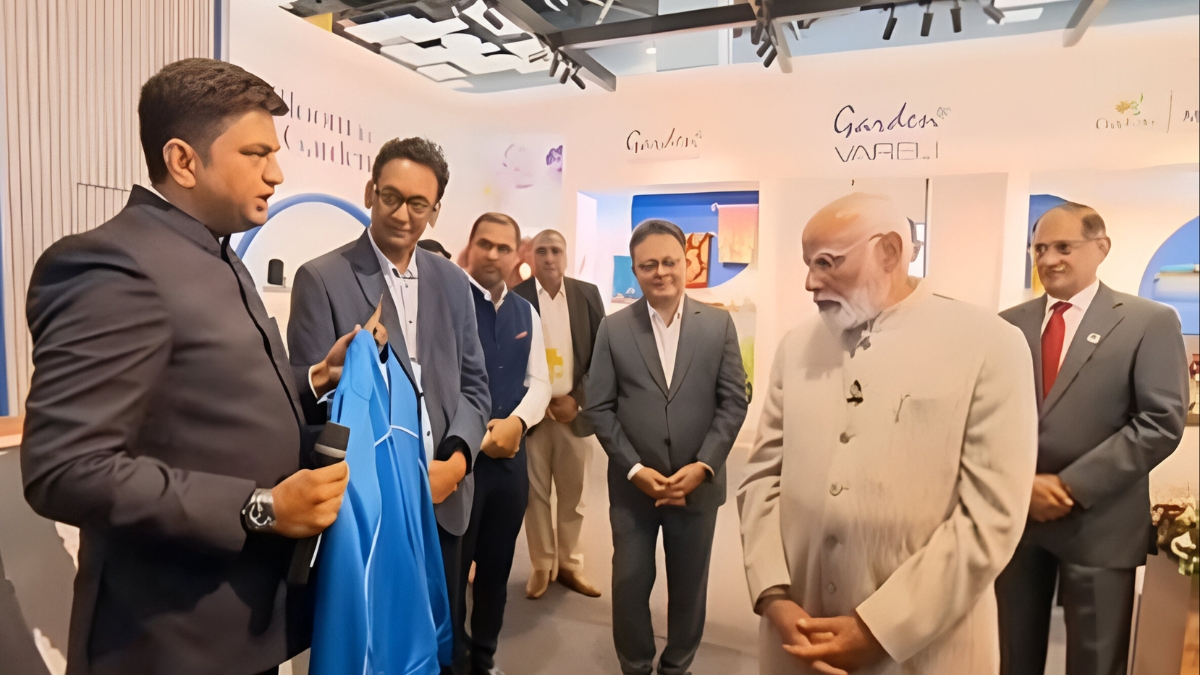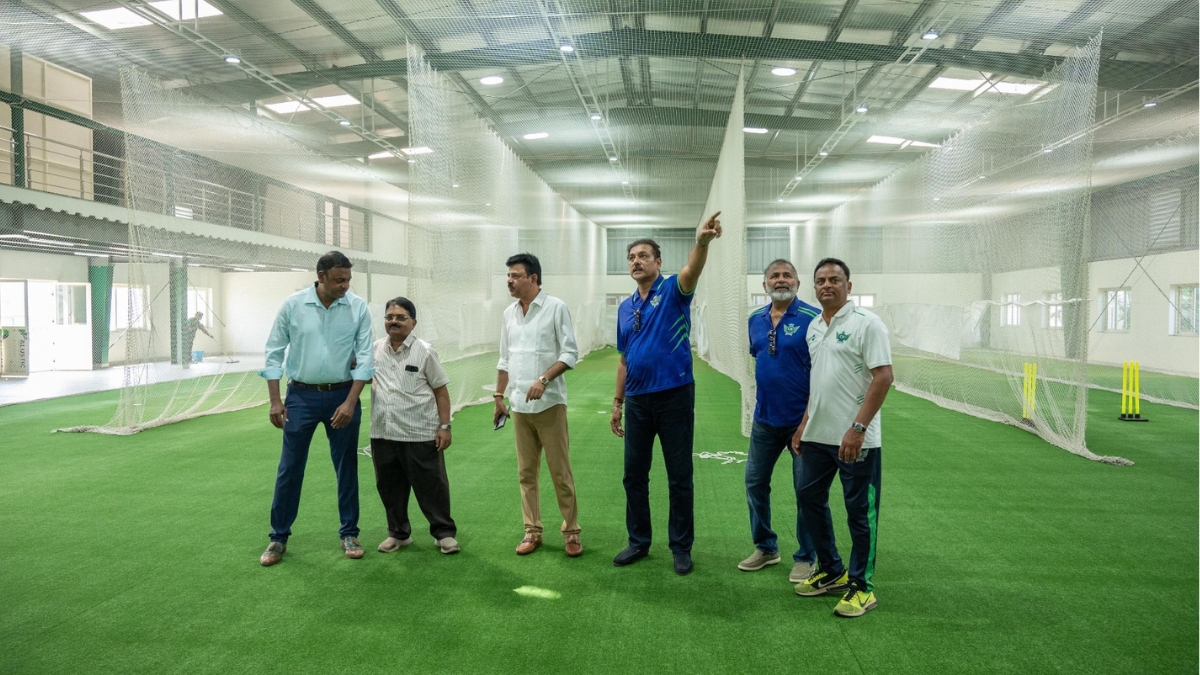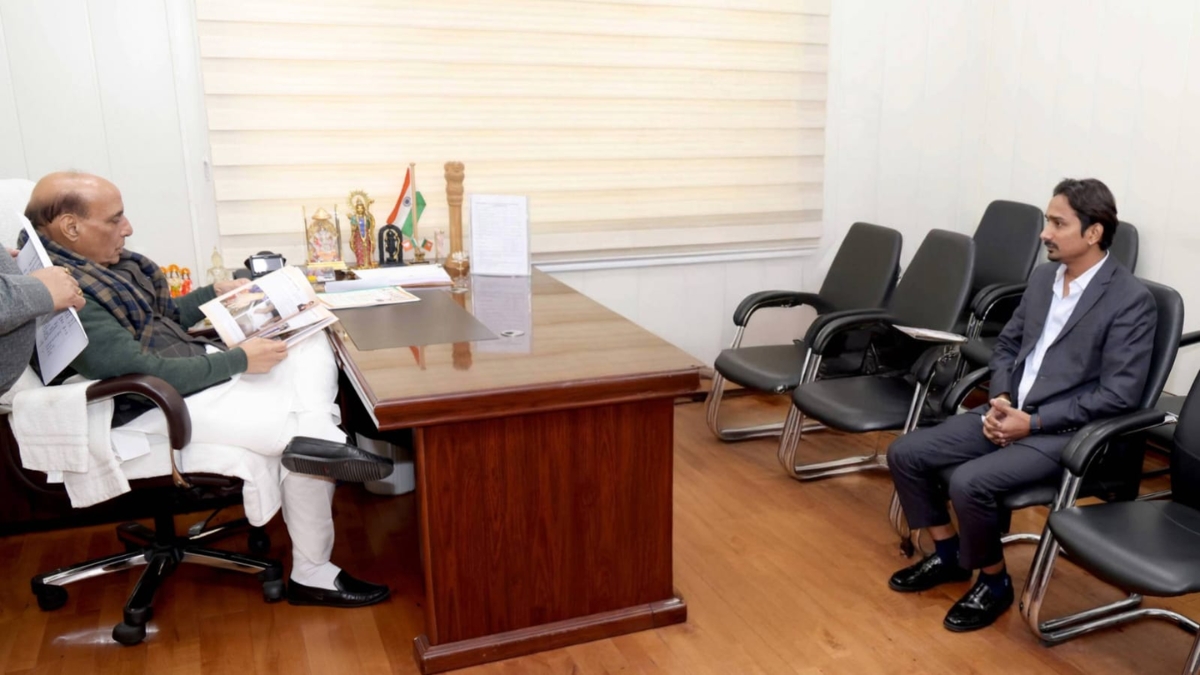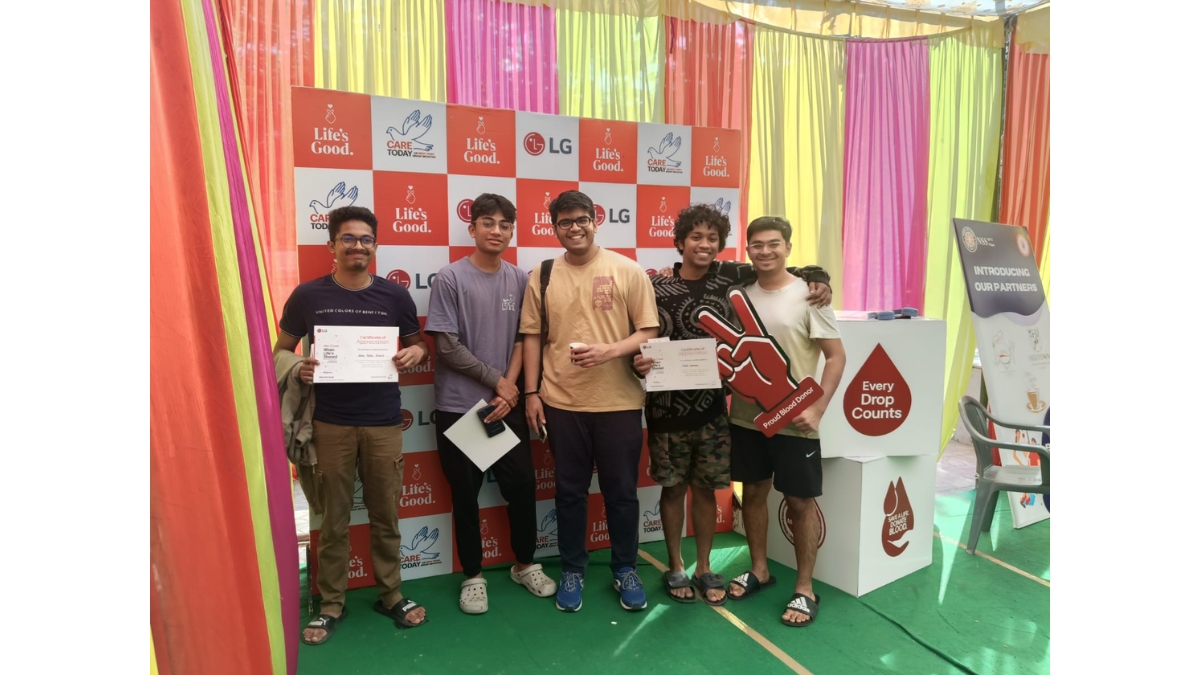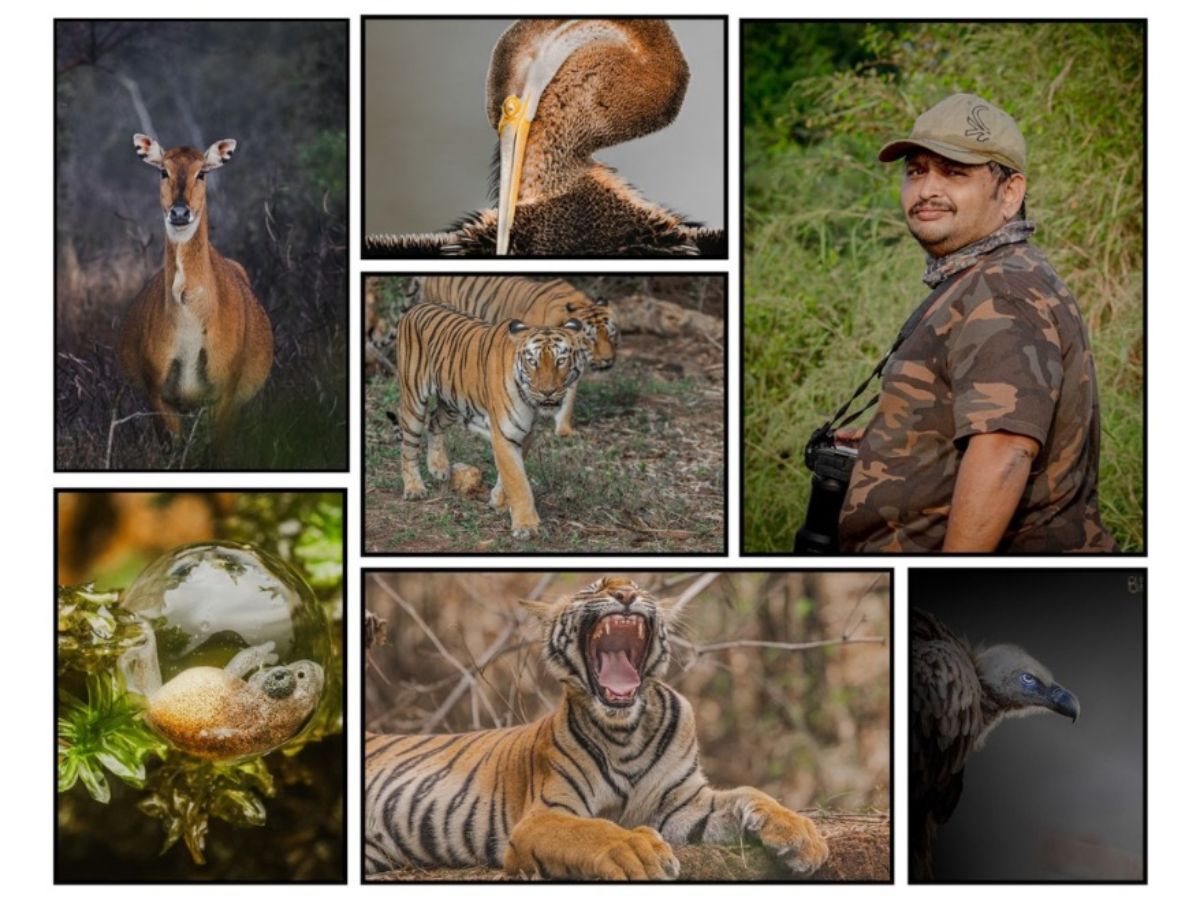The Dangers of Plastic: A Lesson from Asiatic Lion Cubs By wildlife Photographer Karim Kadiwar
New Delhi (India), February 17: In the lush forests of Gir National Park in India, a heart-wrenching sight has recently caught the attention of conservationists and wildlife enthusiasts. A young Asiatic lion cub was recently photographed by Karim Kadiwar with a piece of plastic in its mouth, a poignant reminder of the growing threat of plastic pollution to […]

New Delhi (India), February 17: In the lush forests of Gir National Park in India, a heart-wrenching sight has recently caught the attention of conservationists and wildlife enthusiasts. A young Asiatic lion cub was recently photographed by Karim Kadiwar with a piece of plastic in its mouth, a poignant reminder of the growing threat of plastic pollution to wildlife and the environment.
Plastic has become a ubiquitous part of our lives, and its impact on the environment and wildlife is becoming increasingly evident. From the oceans to the forests, plastic is affecting every corner of the planet and posing a significant threat to wildlife and their habitats. Plastic pollution can cause injury or death to animals that ingest it or become entangled in it, and it also contributes to the degradation of natural habitats. In the case of the Asiatic lion cub, the sight of this young animal with plastic in its mouth serves as a wake-up call for the urgent need to reduce our use of plastic and protect our wildlife and environment. The lion cubs in Gir National Park are part of a unique and fragile ecosystem, and their future, as well as that of their habitats, is directly tied to our actions and choices.
Karim Kadiwar Speaks, “The good news is that there are simple and effective steps we can take to reduce our use of plastic and protect wildlife and the environment. These include reducing our use of single-use plastic items such as straws and shopping bags, recycling whenever possible, and supporting environmentally-friendly products and companies. In addition, raising awareness about the dangers of plastic pollution and the importance of conservation efforts in Gir National Park is important. By spreading the word and encouraging others to take action, we can work together to protect the Asiatic lions and their habitats and other wildlife and ecosystems worldwide.
In conclusion, the sight of the Asiatic lion cub with plastic in its mouth is a stark reminder of the urgent need to reduce our use of plastic and protect our wildlife and environment. By taking action, we can ensure that future generations have the opportunity to experience the beauty and majesty of these magnificent animals and their habitats.







